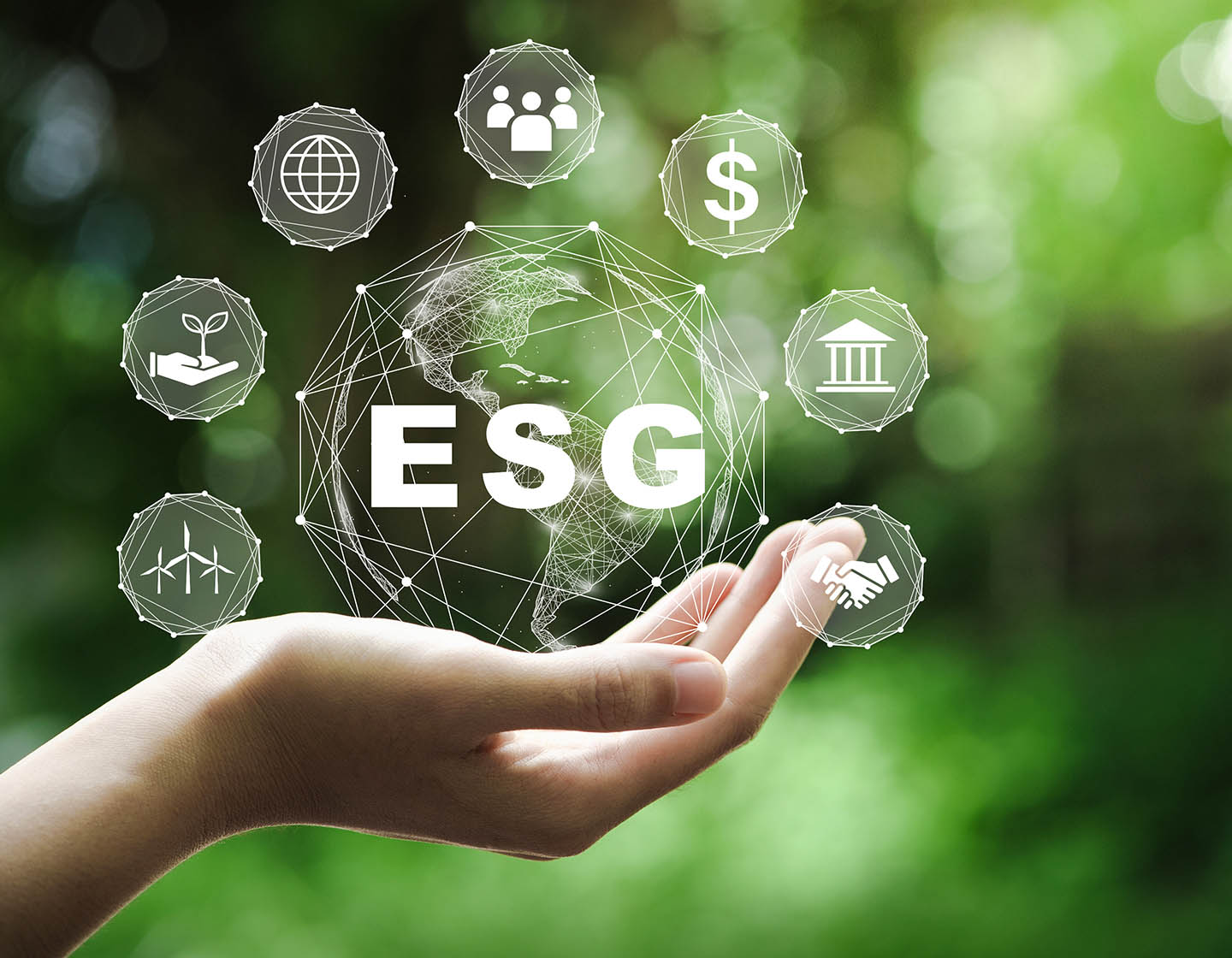How strong ESG strategies can help when selling your business
The timing seems good, the economic signals are strong and there’s a deal to be done to sell your company but without a strong ESG strategy in place it could fail.
ESG (Environmental, Social and Governance), the grown-up child of Corporate Social Responsibility, is increasingly important for mergers and acquisitions, despite the tough short-term economic challenges.
As James Holley, Head of ESG at Bridgepoint – the world’s leading quoted private assets growth investor – says: “ESG is used as a lens to create additional business value. It helps to strengthen the proposition, improve governance, and drive down costs, as well as having a positive impact on society and the environment.”
The metrics have grabbed the attention of stakeholders, from investors to customers as well as regulators and the pressure to embed ESG strategies in every business will only continue to increase over the next decade.
And being a bona fide sustainable business, rather than one that short-sightedly just lathers up the greenwash, means seizing the opportunity to create long-term value. Companies that reshape business practices based around the UN’s sustainability framework, focusing on social and environmental issues, are more adapted to survive and thrive.

Material risks
What Mark Carney said in 2019 when he was Governor of the Bank of England still holds true – businesses that do not respond positively to the complex environmental challenges of climate change will go bankrupt.
With that in mind, potential buyers will apply non-financial factors when running the rule over a company to identify both the material risks and growth opportunities. Firmly embedded ESG policy and practice should add significant value and remove potential obstacles to any deal.
A company can optimise the due diligence process, capitalising on the opportunity to flag up the operational successes, highlighting how ESG strategy has enhanced its operating model, through energy and water savings, for example, and strengthened management structures.
The ESG blueprint will clearly differ for every company but should include key components:
Environment
- Greenhouse gas emissions
- Energy used
- Waste generated
- Recycled materials in products
- Recyclable or compostable materials
Social
- Employee turnover
- Health and safety metrics
- Product recalls
- Data breaches
- Data security fines
Governance
- Executive remuneration linked to ESG policy
- Board diversity
- Revenues in countries with high corruption risk
- Equity owned by the board
- Fines or litigation related to business ethics
A successful ESG strategy will be mindful of the GHG Protocol which categorises greenhouse gas emissions into three groups – the “scopes”. And Scope 3 will be one that potential buyers will examine particularly closely. It’s the scope that embraces all indirect emissions in the company’s entire value chain, including both upstream and downstream emissions.
The three scopes are numbingly complex but the assessment of ESG around value and risk management across the entire business process, demonstrating the positive impact on company performance should minimise negative impact on any valuation.

A robust ESG strategy should increase company value in 6 key ways:
- Cost reductions
- Regulatory compliance (and less interference)
- Attracting ESG-focused investors.
- Staff retention and attracting quality candidates
- Improved shareholder and stakeholder engagement
- Improved customer engagement and loyalty.
A company will be more attractive to the corporate world if it can demonstrate excellent ESG functions because large organisations are looking to improve their own credentials in this sphere in order to create more sustainable value. EY reports that more than three-quarters of investors believe companies should make investments that address ESG issues relevant to their business, even if it reduces profits in the short term.
Potential buyers will be looking also at how easy the process of integration would be and how the target business’s ESG practices measure up against existing ESG standards. They will call on research and ratings specialists to gather data on corporate culture and then use this to assess the probability of a successful long-term outcome.
So, it’s crucial that companies build ESG into scenario modelling and long-term planning, to demonstrate awareness of and response to the impacts of climate change.

Young investors
Looking ahead, it is the young investors who will fuel strong demand for sustainable finance that creates impact. A Stanford University survey of 2,470 investors in 2022 found that nearly 80% of those aged 41 years and younger want investment businesses to influence environmental practices of companies, even if this means financial cost.
Amit Seru, professor at the Stanford Graduate School of Business, advises: “Investors under 40 want to make progress across a broad range of environmental and social initiatives and claim to be willing to suffer personal financial loss – sometimes very large loss – to see those changes realised.”
It’s true that the global economic climate is prompting reviews of ESG strategy. A recent survey found that around 50% of CEOs are pausing or reconsidering existing or planned ESG efforts over the next six months, and while 34% have already done so.
But this short-term response is hardly likely to impress buyers and investors looking to the future, particularly the younger cohort. A recent survey indicates that investors are unwilling to compromise on ESG – and are not afraid to intervene directly with companies they believe are underperforming in this area.
Organisations are increasingly acknowledging the value that ESG can bring and it’s now seen as a strategic risk issue, rather than simply a CSR or disclosure procedure. SaveMoneyCutCarbon offers specialist skills in creating and developing ESG strategies and plans.


